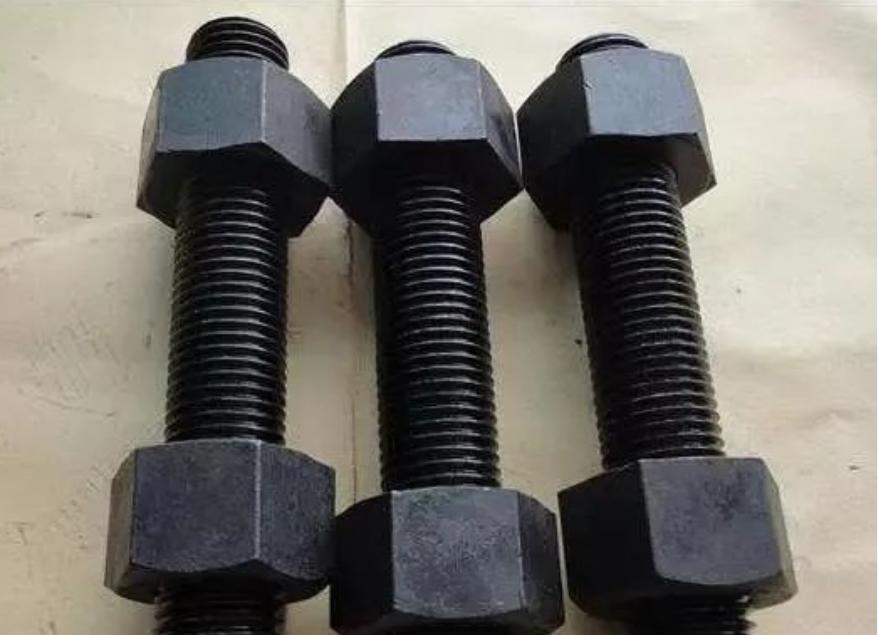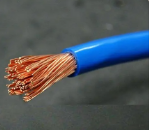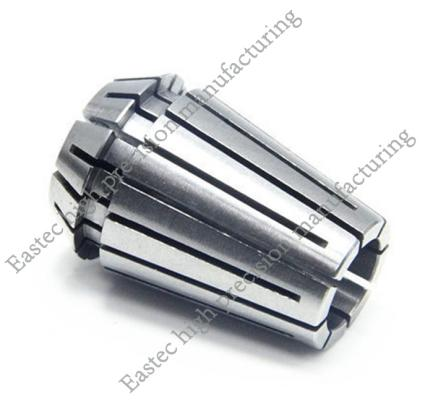In the fields of engineering construction and mechanical manufacturing, bolts, as a common type of fastener, play a crucial role. Among the various types of bolts, double-end bolts are particularly popular. So, why do people prefer using double-end bolts? Is there something wrong with single-end bolts? This article will reveal the advantages of double-end bolts and the shortcomings of single-end bolts.

Advantages of Double-End Bolts:
- 1. Convenient Installation: Double-end bolts have threads on both ends, allowing them to be tightened from both sides, which makes the installation process more convenient. This advantage is especially pronounced in tight spaces or when access is limited.
- 2. Flexible Adjustment: Double-end bolts can be fixed at one end and adjusted at the other. This flexibility during installation makes double-end bolts suitable for a variety of complex conditions.
- 3. Strong Load-Bearing Capacity: Since double-end bolts can bear force at both ends, their overall load-bearing capacity is enhanced. In critical applications such as bridges and buildings, the use of double-end bolts ensures structural safety.
- 4. Good Anti-Loosening Performance: Once double-end bolts are tightened at both ends, they have a certain anti-loosening effect. This is because the friction from the threads at both ends counteracts each other, making the bolt less prone to loosening.
Shortcomings of Single-End Bolts:
- 1. Inconvenient Installation: Single-end bolts have threads on only one end, requiring fixation on the other end during installation. This increases the difficulty of installation, especially in confined spaces.
- 2. Limited Adjustment Range: Single-end bolts have a relatively small range of adjustment during installation. If the bolt is too long or too short, it may not meet the installation requirements.
- 3. Relatively Lower Load-Bearing Capacity: Single-end bolts bear force on only one threaded end, resulting in a relatively lower overall load-bearing capacity. In some critical applications, they may not meet the required specifications.
- 4. Poor Anti-Loosening Performance: Single-end bolts are more prone to loosening when subjected to vibration or impact. Additional measures, such as using anti-loosening adhesives or spring washers, are often required to prevent loosening.
In summary, double-end bolts have clear advantages in terms of ease of installation, flexibility of adjustment, load-bearing capacity, and anti-loosening performance. Therefore, they are often the preferred choice in many applications. However, this does not mean that single-end bolts are without use; they are still widely used in simple and light-load situations.
When selecting bolts, one should choose the appropriate type based on actual needs and conditions. At the same time, attention should be paid to the quality and performance of the bolts to ensure project safety and reliability. With the accelerating infrastructure construction in our country, the rational selection of bolt types is of great significance for improving engineering quality.





 Customer service 1
Customer service 1  Customer service 2
Customer service 2